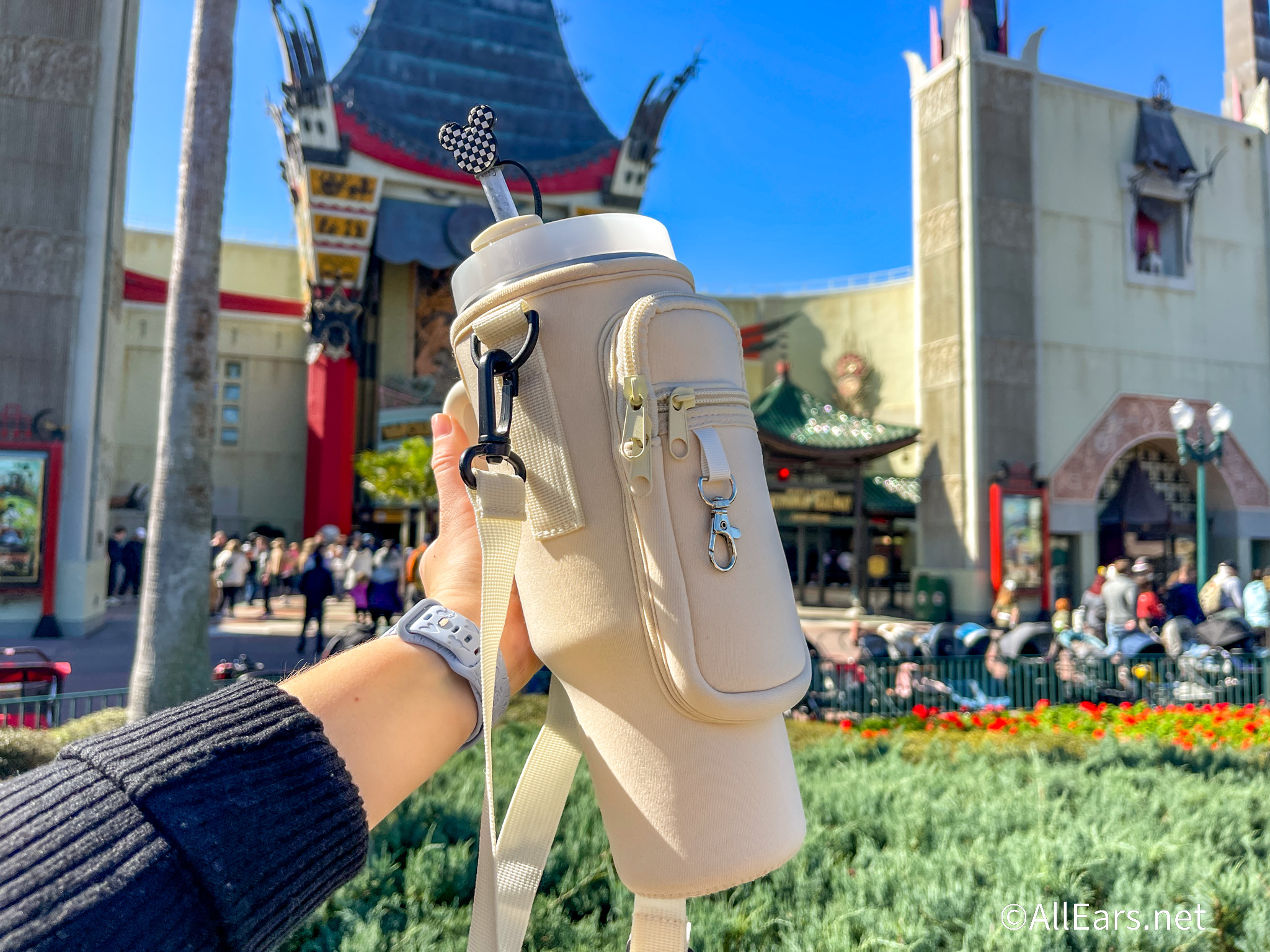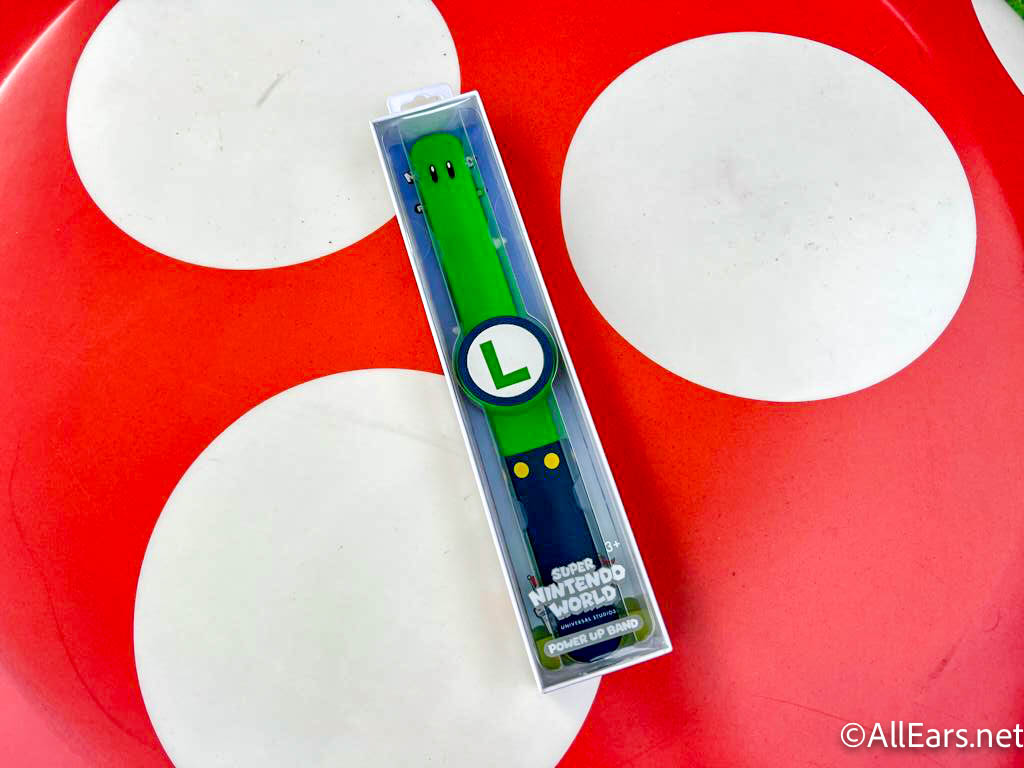
As photographers we love it when people admire our work. It’s even better when people buy our images. However, it’s not cool at all when people take them without permission. While in many cases people mean well, the fact is all art, including photography, is copywritten by federal law.
I bring this up because in this, the digital age of social media, forums, and blogs, there is a rise in what’s known as copyright infringement. Let me assure you that reprinting images without permission is not limited to the Internet. I know this firsthand.
I’m not here to slap wrists or yell at anyone. I’m here to educate you.
Frequently Asked Questions
Q: What is the Copyright Law?
A: It is a Federal Law, established in 1976, that protects the photographer and/or studio as the creator and author of all images taken.
Q: Can I make copies of my child’s school photo?
A: Not without written pemission from the photographer or studio in the form of a Copyright Release.
Q: I want to make holiday cards with a family photo that a studio took but they charge too much. Is it OK if I have them made elsewhere?
A: It is illegal to reproduce any image that you did not take or do not have written consent to do so. Talk to the photo studio about what you want to do.
Q: If I bought the print, don’t I own the copyright?
A: No, only the person who took the photo owns the copyright.
“Copyright is the right of the creator of the work or the creator’s heirs not of the person who found or possesses the photos.” – The Library of Congress
Q: How long does a copyright last?
A: This can be tricky. Anything created after January 1, 1978 is protected for as long as the creator lives plus 70 years after his/her death. Copyrights can also be passed along to heirs. Images created prior to January 1, 1978 also receive the same treatment so long as they weren’t previously registered or published. Images that were published or registered and taken before January 1, 1978 are protected for 95 years.
Q: Can I print a photo I found online or place it on my webpage or website?
A: No, digital images are also covered by copyright. There are websites that will sell you the right to print an image for personal use such as iStockPhoto.
Q: What happens if you print an image, publish it or host it on another website and get caught?
A: The photographer may sue you in Federal Court as well as the business that reproduced the image (print, book, magazine, website, etc…). Be prepared to pay thousands of dollars in fines and fees.
Be aware the term “ALL RIGHTS RESERVED” carries the copyright Internationally although it is not absolutely necessary to write it on everything.
I spent over 7 years working in retail camera shops with photo labs. I’ve had customers who were simply unaware of the copyright law and took the appropriate steps to get reprints and/or enlargements. They thanked me for being so knowledgeable. Then there were the folks who screamed at me, accusing me of making things up. My favorite were those who thought they were sneaky and scanned the photos at home and sent them to our lab via the online service. Scans are obvious for a multitude of reasons I won’t divulge. My job, as deemed by my former co-workers, was to call the customers who sent images using the online service and make sure they had a Copyright Release from the photographer. They also made me handle all copyright issues in-store. I only tell you my tales so you understand what it’s like for those working in the stores and labs. They’re only abiding by federal laws and don’t want to be sued.
Here’s an actual conversation I had with a customer. At least now I can look back and laugh.
Customer: I’d like to have this photo *blown up.
Me: This photo was taken professionally. Unfortunately, we cannot reproduce it without written consent from the photographer.
Customer: This is my son. I own this.
Me: You might own your son and you own that print but only the photographer owns the copyright. You’ll have to purchase prints from the photographer or obtain written consent.
Customer: Then I’ll scan it myself! Where’s your scanner?
Me: It doesn’t matter who scans it. We’re not able to print it.
Customer: Then I’ll go to (drugstore chain)!
Me: The Copyright Law does not cease to exist there.
Customer: You’re just making things up.
That was when I turned and walked away.
*Asking to have a photo “blown up” may result in a joke regarding dynamite.
Want to learn more?






















Thanks for the good information. This is why I like to buy the Photopass CD of all my pictures when we visit Walt Disney World (that and they take great shots). That way I know I can use all the pictures for all my scrapbooks without worrying since they send me the rights to the pictures. Although I often wonder why the online developing places don’t ask to see a copy of proof of my rights to the pictures?
Lisa responds: I think most labs are familiar with Disney’s Photopass program and that Disney grants people the right to make prints.
As an amateur photographer are there steps that are necessary to make sure my photographs are copyright protected?
Lisa responds: The moment you depress the shutter button you own the copyright to the photo. After that, if you make prints you can write on the back of them. If you’re uploading them online like we do, put your copyright on the image with a photo editing program. The proper way to do so is © YEAR YOUR NAME. You can register images with the federal government at http://www.copyright.gov/fls/fl107.html.